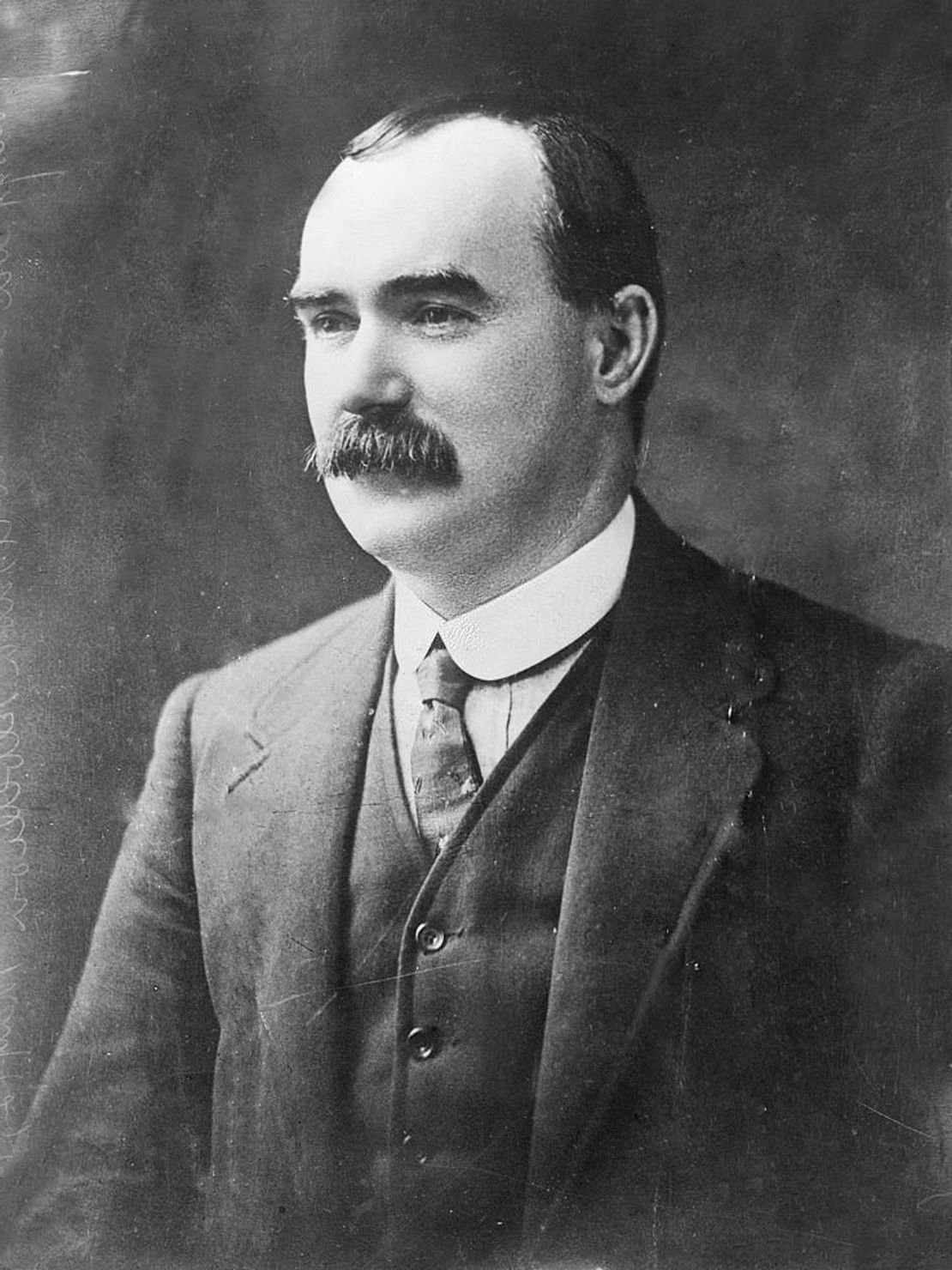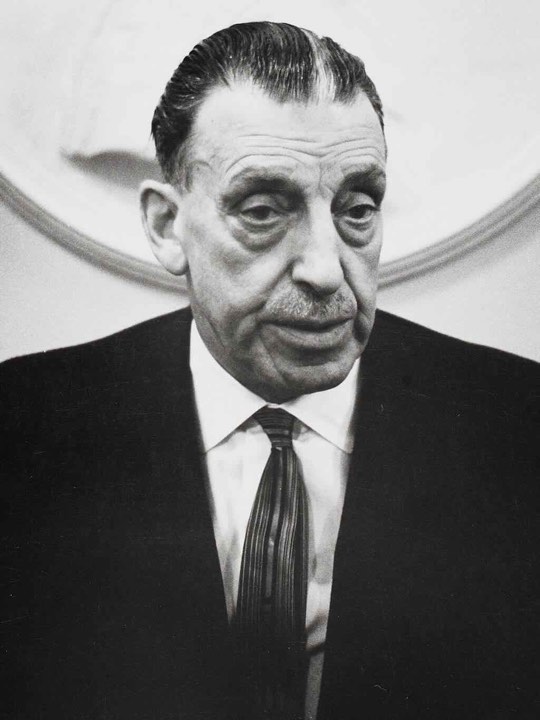- August 12, 1899
The first issue of James Connolly’s newspaper, Workers’ Republic, was published on August 13, 1898. The newspaper played a crucial role in advancing socialist ideas in Ireland and became an important platform for Connolly’s advocacy of workers’ rights, Irish independence, and socialism.
Background
-
James Connolly: James Connolly was a leading socialist, trade unionist, and nationalist who played a central role in the labor movement in Ireland and the broader struggle for Irish independence. Born in Edinburgh to Irish immigrant parents, Connolly became involved in socialist politics at a young age. He moved to Ireland and became a key figure in the Irish Socialist Republican Party (ISRP), which he founded in 1896.
-
Purpose of Workers’ Republic: Connolly founded Workers’ Republic as the official organ of the ISRP. The newspaper aimed to promote socialist principles, advocate for the rights of workers, and address the political and social issues facing Ireland. Connolly saw the newspaper as a means to educate and mobilize the working class in the fight for both national independence and social justice.
Content and Themes
-
Socialism and Workers’ Rights: Workers’ Republic focused heavily on issues related to workers’ rights, including fair wages, working conditions, and the importance of trade unions. Connolly used the newspaper to argue that the liberation of the working class could only be achieved through socialism and that the struggle for workers’ rights was inherently linked to the struggle for national independence.
-
Irish Nationalism: While Workers’ Republic was a socialist publication, it also strongly supported Irish nationalism. Connolly believed that the working class should be at the forefront of the movement for Irish independence and that true freedom for Ireland could only be achieved through the establishment of a socialist republic. The newspaper regularly criticized British rule in Ireland and the exploitation of Irish workers by both British and Irish capitalists.
-
Internationalism: Connolly’s Workers’ Republic also addressed international issues, reflecting his belief in the solidarity of workers across national borders. The newspaper often included articles on socialist movements in other countries and advocated for international cooperation among workers to overthrow capitalist systems worldwide.
Impact and Legacy
-
Role in the Irish Socialist Movement: Workers’ Republic was instrumental in spreading socialist ideas in Ireland and building the foundation of the Irish labor movement. It provided a platform for Connolly and other socialists to articulate their vision for a socialist Ireland and to critique both the British government and the Irish nationalist movement for neglecting the needs of the working class.
-
Influence on Irish Politics: The ideas promoted in Workers’ Republic had a lasting impact on the Irish labor movement and the broader political landscape. Connolly’s emphasis on the connection between socialism and nationalism influenced the development of Irish republicanism and the later participation of socialists in the struggle for Irish independence.
-
Historical Significance: Although Workers’ Republic faced financial difficulties and had a relatively small circulation, its influence extended far beyond its readership. The newspaper is remembered as a key part of James Connolly’s legacy and an important voice in the history of Irish socialism.
-
Revivals: Workers’ Republic was revived several times after its initial run, particularly during key moments in Irish history, such as the lead-up to the 1916 Easter Rising. Connolly himself revived the newspaper in 1915 to continue advocating for his vision of a socialist Ireland, and it remained an important publication in the years leading up to the Rising.
The first issue of Workers’ Republic in August 1898 marked the beginning of an important chapter in Irish socialist and nationalist history. The newspaper served as a powerful tool for James Connolly to promote his revolutionary ideas and to inspire a generation of Irish workers to fight for both social justice and national independence.

 ← Sean Lemass, born
← Sean Lemass, born
 The Irish Party reunites ten years after it split →
The Irish Party reunites ten years after it split →